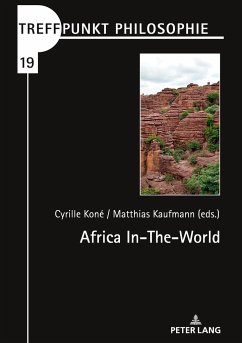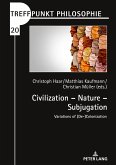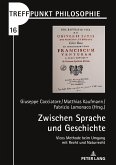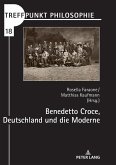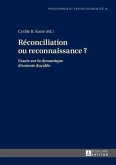This book is above all an example of philosophical reflection in Africa, refuting traditional commonplaces concerning the continent. The texts comprising this volume disprove the misconceptions that Africa has never understood itself and has never contributed to the enrichment of knowledge, the development of rational thought, philosophy, the arts, science and technology as well as civilization. For the members of the recently established network Africa In-The-World, the contributions dealing with musical rhythms, dances and the continental humanist philosophy confirm that Africanisation is a process that continues unabated to this day. The multiple and significant African contributions are often difficult to see because they have long since been adopted and integrated into the heritage of humanity. Africa In-The-World is working toward the construction of a universal humanity - one conceived in terms of a "give and take mentality."
Bitte wählen Sie Ihr Anliegen aus.
Rechnungen
Retourenschein anfordern
Bestellstatus
Storno

